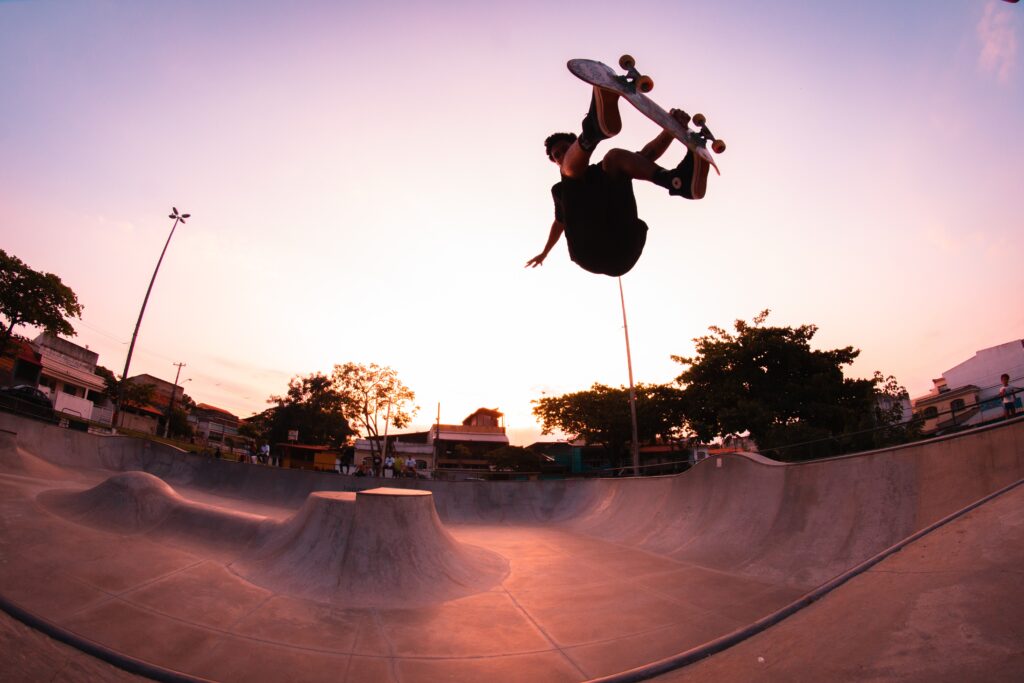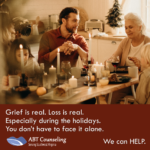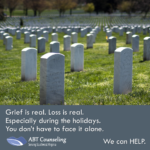Want Less Stress and Enhanced Mood? Try Skateboarding.
What we can learn from the community around the sport.
“This love thy neighbor thing, does it apply to all mankind?”
By Michael Freedman, Ph.D.
I realized that one such place for me is also Seven Presidents Skatepark in Long Branch, New Jersey. This feeling snuck up on me because I really don’t have any direct experience with skateboarding culture as a skateboarder. I did have a skateboard as a kid but I rarely rode it. My kids, on the other hand, skateboard whenever they can and they dig it. And I dig sitting there for hours watching them go back and forth, trying different tricks or moves. I love it especially in the morning when we have the park mostly to ourselves, the kids are skating and the ocean is right there. It’s pure bliss for me.
We currently live in a world where everyone seems to be at odds with each other—disconnected, suspicious, and at each other’s throats. But at the skate park, as different people casually drift in, I see none of this strife. Every age, race, sex and musical taste (if t-shirts are any indication) appear to be represented. There are some people who seem to be beginners, barely able to stay standing, while there are others who are clearly experts doing tricks that have them soaring in the air and doing flips. And here they all are, in the same park seeming to be happily doing what they enjoy. Some are interacting with others; some are just off to themselves. Yet they all appear connected, part of this living, breathing, flowing society.
What’s perhaps most striking is that they all seem to have read the same rulebook: take turns and stay out of each other’s way. When there is a mix-up, there doesn’t seem to be conflict. Rather, the offender apologizes and seems to commit to avoiding that mistake in the future and everyone gets right back to skating.

So, what is happening? Why does this subculture seem to work when so many other things do not? There are several reasons why skateparks may have a more chill, diverse, inclusive vibe. First, one thing that may simply be happening is that because people are exercising, it improves their mood. There is substantial evidence that exercise enhances mood and can be utilized as a treatment for anxiety and depression. And this is consistent with other settings, such as gyms or parks where people who are exercising appear to be co-existing in relative harmony.
But it feels like more than that. Skateboarding is not just exercise—for many it is a hobby, passion or even professional aspiration that provides someone with purpose. And purpose has been shown to be associated with a range of positive outcomes, including living a longer life and improved stress management. This purpose can manifest as a behavioral plan that includes practicing and improving upon skateboarding. People who may otherwise feel bored or empty now have something to which they can dedicate themselves for endless hours as they perfect their technique. This may perpetuate improved mood, avoiding some of the feelings of agner and resentment that could otherwise express themselves interpersonally.
Further, it is a purpose that can also provide a cultural identity. And this is where I feel like the real progress is made in how people relate to one another. We may be very different people and perhaps in other contexts we may be at odds. I’m quite sure there are people at a skatepark who do not share each other’s political, religious or societal views. And yet, when they are skateboarding, it appears that their primary identity, at least in that moment, is as a skateboarder.
Finally, this cultural identity is particularly appealing to many people because it can express itself in many forms. There are no set meeting times or classes, no rituals or rites of passage that one must complete to be a part of skateboarding culture. One does not have to get a degree or the approval of an authority figure. And this manifests in the ease with which people breeze in and out of the skatepark. Those who want to connect with others do so. Others choose to stay to themselves, but may nonetheless feel connected by being around people who share a similar interest.
As is often the case with underground or alternative cultures, there has been very little research conducted on skaters, skateparks or skateboarding culture. However, one recent study conducted at the University of Southern California (USC) and funded by The Tony Hawk Foundation surveyed over 5,000 self-identified skaters ages 13-25. Results indicated that skateboarding relieved stress and that skaters felt more resilient because of the skills they learned in perfecting their skateboarding technique. Further, skaters reported that they valued connecting with people who shared similar interests at skateparks as well as skate shops and other skateboarding events. Finally, participants who were skaters of color reported feeling less judged within the skateboarding community as compared to outside that community.
*This is an excerpt. Read the full article by Michael Freedman, Ph.D., at PsychologyToday.com. It was published October 15, 2020.









